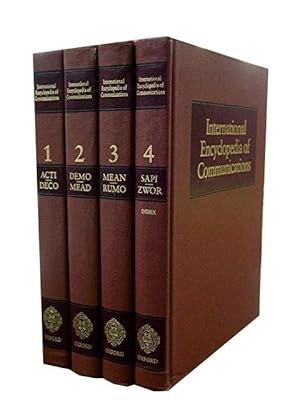Although you don't usually cite reference materials such as dictionaries and encyclopedias they can
Dictionary - This resource defines selected words and terms, confirms spelling, definition and pronunciation, explains how words are used, and helps to locate synonyms and antonyms.
Subject Dictionary - These sources focus on the vocabulary of a subject or discipline. (The Penguin dictionary of science)
Directory - This source gives contact information such as names, addresses, and telephone numbers.
Encyclopedia (General) - These sets provide summaries of information and ideas in a comprehensive manner. They are useful for providing facts and obtaining a broad survey of a topic. (The encyclopedia Americana)
Subject Encyclopedia - These sources contain articles on topics within a specific subject. (The encyclopedia of twentieth-century fiction)
QUICK TIP!...Subject encyclopedias and other reference books are good for background reading on a topic to find out what the general consensus is and what research questions might be viable.

 International Encyclopedia of Communications by
International Encyclopedia of Communications by